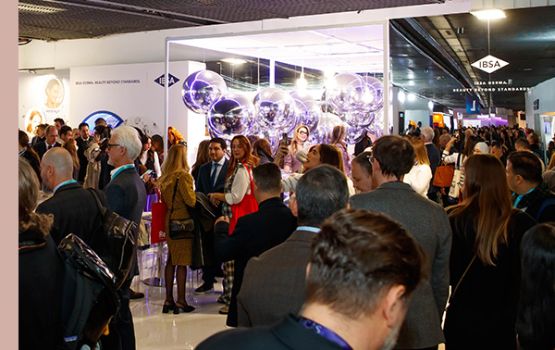Erectile dysfunction is a very common condition, but one that is often still under-reported. In Western European countries, it is estimated to affect 5-10% of the male population. With advancing age, this percentage gradually increases to reach an average of 40% in men aged 80.
However, it is not a condition linked only to ageing. In recent years, an increase has also been observed among young people, proving that a healthy lifestyle and regular physical activity can also have a significant impact on preventing this condition.
The causes of erectile dysfunction are numerous and often combined. Organic causes mainly include vascular, neurological and hormonal factors, with atherosclerosis, diabetes mellitus and hypogonadism among the main pathogenic mechanisms. Alongside these, psychological factors play a significant role, interacting with biological components in influencing the condition. Performance anxiety, stress, emotional distress or relationship difficulties can contribute to the onset and persistence of the disorder. Recent studies show that anxiety and depression can lead or contribute to erectile dysfunction, creating a vicious circle that further compromises the quality of life.
Therapeutic solutions with simple and intuitive methods of administration are particularly valued, as they promote compliance and simplify the treatment process.



